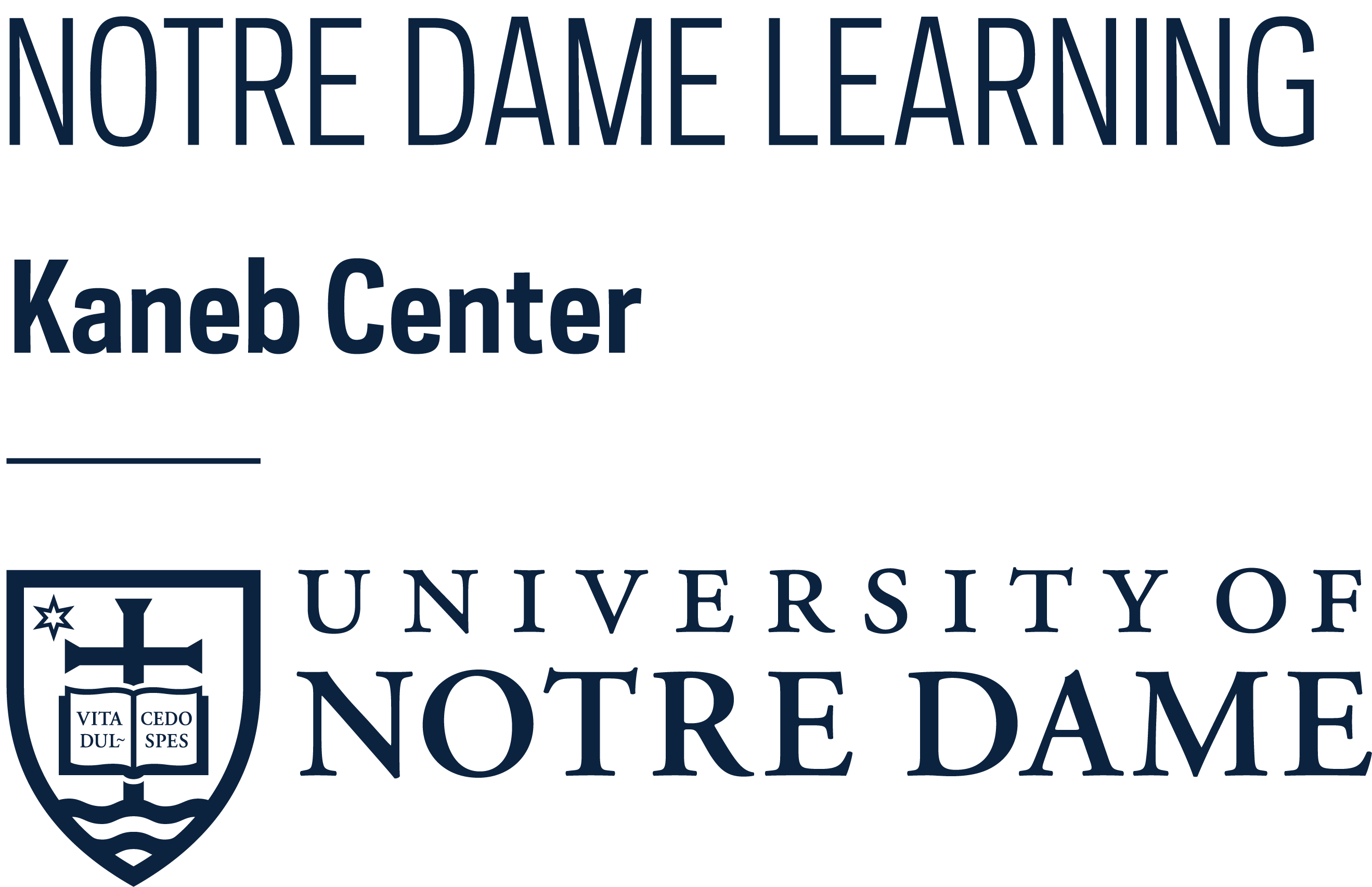The number of students with disabilities attending post secondary education in the United States has been steadily increasing. As a faculty member and as a TA you might need to know a few things about accommodating students with disabilities in a collegiate classroom. The following guidelines and suggestions have been adapted from George Washington University, Heath Resource Center.
What constitutes a disability?
A disability is a condition caused by accident, trauma, genetics or ailments that may restrict a person’s mobility, hearing, vision, speech, intellect, cognition or mental function. A student may have more than one disability. Another challenge is that once students enter college they may be reluctant to disclose their disability or self-advocate; thus, many students with disabilities may remain unknown because they are concerned about stigma, rejection or discrimination.
What legal mandates are relevant for the student in my course?
Several federal laws outline the rights intended for students with disabilities in colleges and universities: (1) The Americans with Disabilities Act (ADA), (2) Section 504 of the Rehabilitation Act (504), and (3) The Higher Education Act (HEA).
What are accommodations?
An accommodation is a change or modification to the course, program, tests, assessments or exams that facilitates a student with disability to have equal opportunity to achieve a similar level of academic performance with students without disabilities. Accommodations may be classroom modifications like enlarged copies of handouts or test-taking modifications like extended time on exams.
How does the student in my class obtain the necessary documentation?
It is the student’s responsibility to obtain necessary documentation and to inform the professor about the need for any academic accommodations. However it is a good practice to include a statement in the syllabus and to make announcements on the first day of class about accommodations for students with disabilities. You can share the web link / phone number / location of University of Notre Dame’s Sara Bea Disability Services . The staff at the Sara Bea Disability services will determine the eligibility and type of accommodation needed by a student.
What should I do when a student provides documentation of the disability and requests accommodations?
Once the student submits the proof of disability, you and the student should outline a plan to implement the accommodation.
Students with disabilities should be held to the same evaluation and grading standards as those for all students. Accommodations do not give the student with a disability an unfair advantage. Rather, ‘reasonable’ accommodations are intended to give students with disabilities an equal opportunity to achieve the same results that other students have the opportunity to achieve (Embry, Scott, and McGuire, 2004).
Online Resources:
Numerous websites provide additional information about students with disabilities in the college classroom.
- https://www.cornellcollege.edu/academic-support-and-advising/disabilities/disability-accommodations-faqs.shtml
- http://www.montgomerycollege.edu/counseling-and-advising/disability-support-services.html
- https://thinkcollege.net/
- https://ldaamerica.org/educators/
- http://www.washington.edu/doit/academic-accommodations-students-learning-disabilities
- https://www.heath.gwu.edu/students-disabilities-college-classroom
Citation
Embry, P., S. Scott, and J. McGuire. “The legal context for postsecondary students with disabilities, institutions of higher education, and faculty members.” Storrs: University of Connecticut, Center on Postsecondary Education and Disability (2004).
